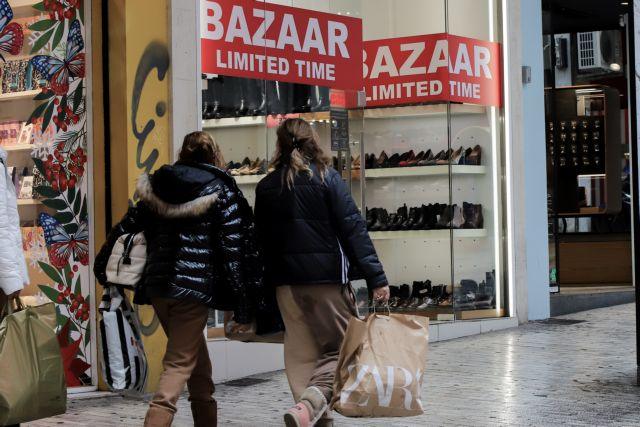Kostas Papadis
The main provisions of the Greek government’s program for 2023 concern the increases in pensions, wages and benefits and consist the main issue of today’s debate on the government’s social policies in the Greek Parliament, which – essentially – constitutes the informal start of the pre-election period.
Announcements on a new increase in the minimum wage at the beginning of 2023, on increases in pensions after 13 years and on the abolition of the solidarity contribution on pensions and on the public sector are expected to be prominent in the announcements of the Greek Prime Minister, during the opening of the Thessaloniki International Fair.
Special reference is made to these measures by the Greek Labor Minister, Mr Kostis Hatzidakis, during his recent review of the government measures.
Increase in the minimum wage
Recently, with the increase of the minimum wage, Mr Mitsotakis left open the possibility of a new increase in early 2023. In addition, in the previous days, addressing tourism entrepreneurs, he urged for “better wages and working conditions” in order to find the right staff.
The restoring of the minimum wage at 751 euros – as it was in 2013- can be considered feasible, given the fact that now the minimum wage amounts to 713 euros.
The improvement of wages and the return of wage and pension increases will continue in 2023, so as to come up against the escalating rise in unemployment.
However, at the beginning of the year, when the process of raising the minimum wage will start – again – there is also a possibility of increases in pensions, as well. From 1 January, increases will be made in the total amount of pension equal to 50% of the change in GDP plus 50% of the change in the Consumer Price Index (CPI). This means that, if GDP increases by 4% and CPI increases by 6%, then the increase in pensions will beequal to 5% (2% +3%).
The government project
Today’s debate in Parliament will include the ten main pillars of the government’s project concerning labor, insurance and social protection.
Concerning the issue of outstanding pensions, the Greek government will focus on more than doubling the rate of new pension issuance, with almost as many pensions issued in the first five months of the year, as they were issued in the whole of 2019.
Special reference will be made to the insurance reform for the new generation and the new supplementary capitalisation fund (TEKA), “a reform that ensures higher supplementary pensions for young people, while shielding the sustainability of the insurance system,” the government report said.
Another significant issue is the de-escalation of the unemployment problem, as it has fallen by 4.8 percentage points, from 17.3 percent to 12.5 percent, in July 2019. “This is the lowest rate in the last 12 years,” while, so far, more than 10 billion euros habve been spent to support workers and the unemployed ones from the effects of the pandemic, while another 2.7 billion euros has been allocated to create new jobs.
Finally, concerning labour law issues, the Greek government noted that anachronistic labour market regulations have been abolished and a modern European framework has been created, empowering the workers, with the Digital Labour Card, the creation of an Independent Labor Inspection Authority, the possibility of four-day work week and additional rights for platform workers.









![e-ΕΦΚΑ: Πώς θα παραμείνουν ασφαλιστικά «καλυμμένοι» οι αγρότες [πίνακας]](https://www.ot.gr/wp-content/uploads/2024/12/ot_agrotis_sitari-300x300.png)




















![e-ΕΦΚΑ: Πώς θα παραμείνουν ασφαλιστικά «καλυμμένοι» οι αγρότες [πίνακας]](https://www.ot.gr/wp-content/uploads/2024/12/ot_agrotis_sitari.png)










